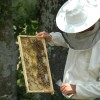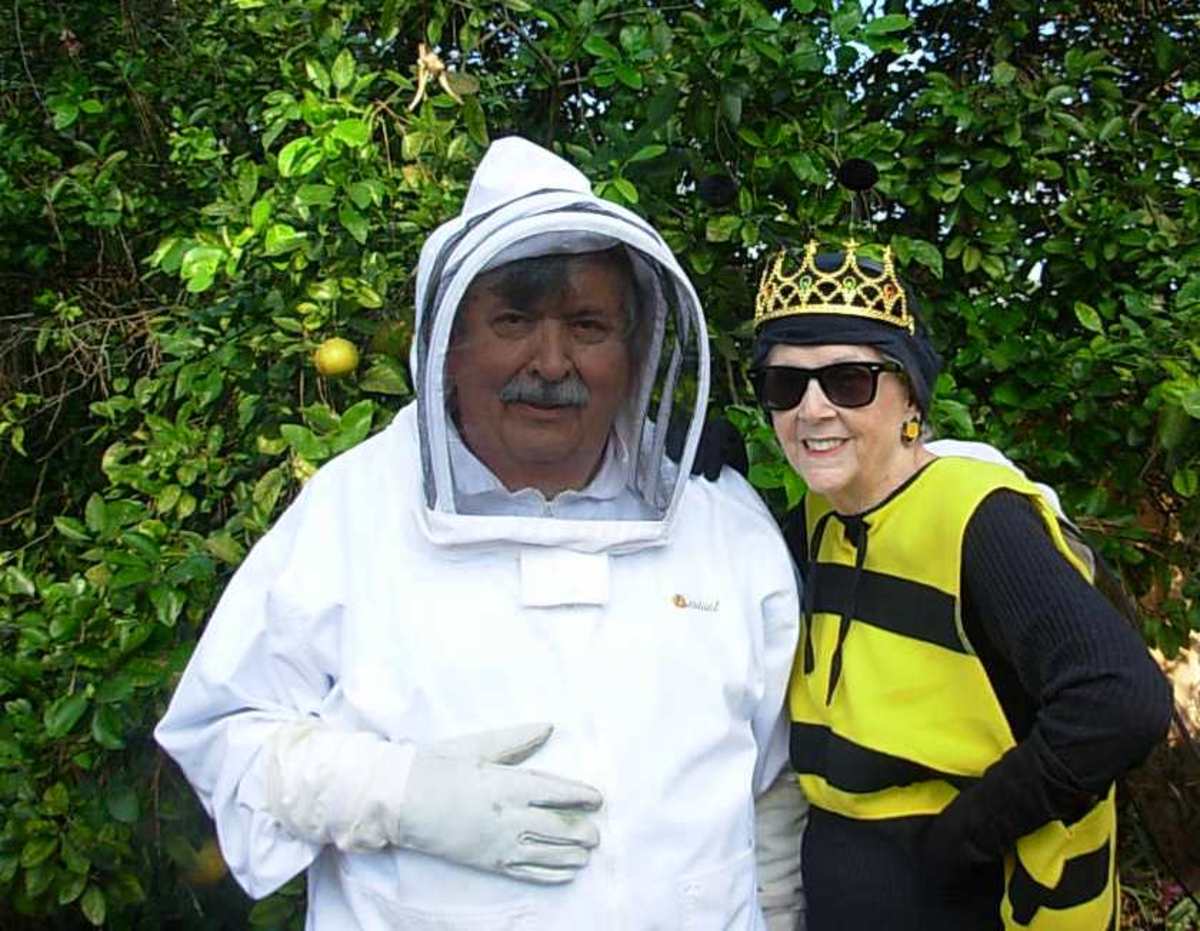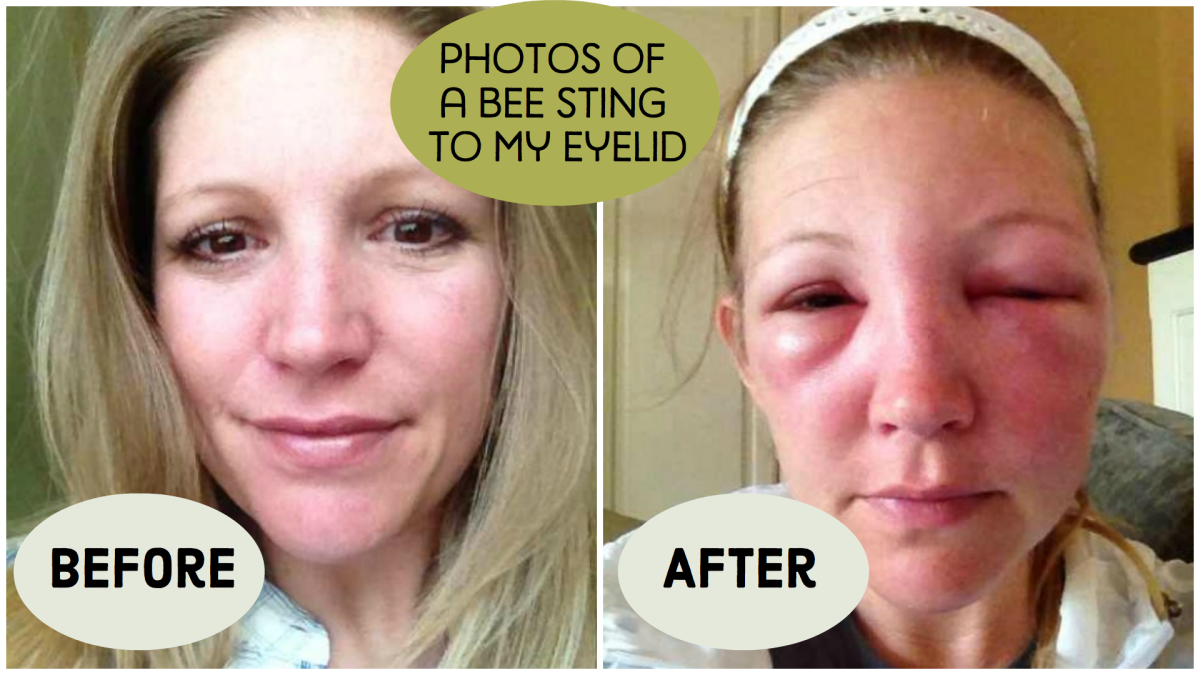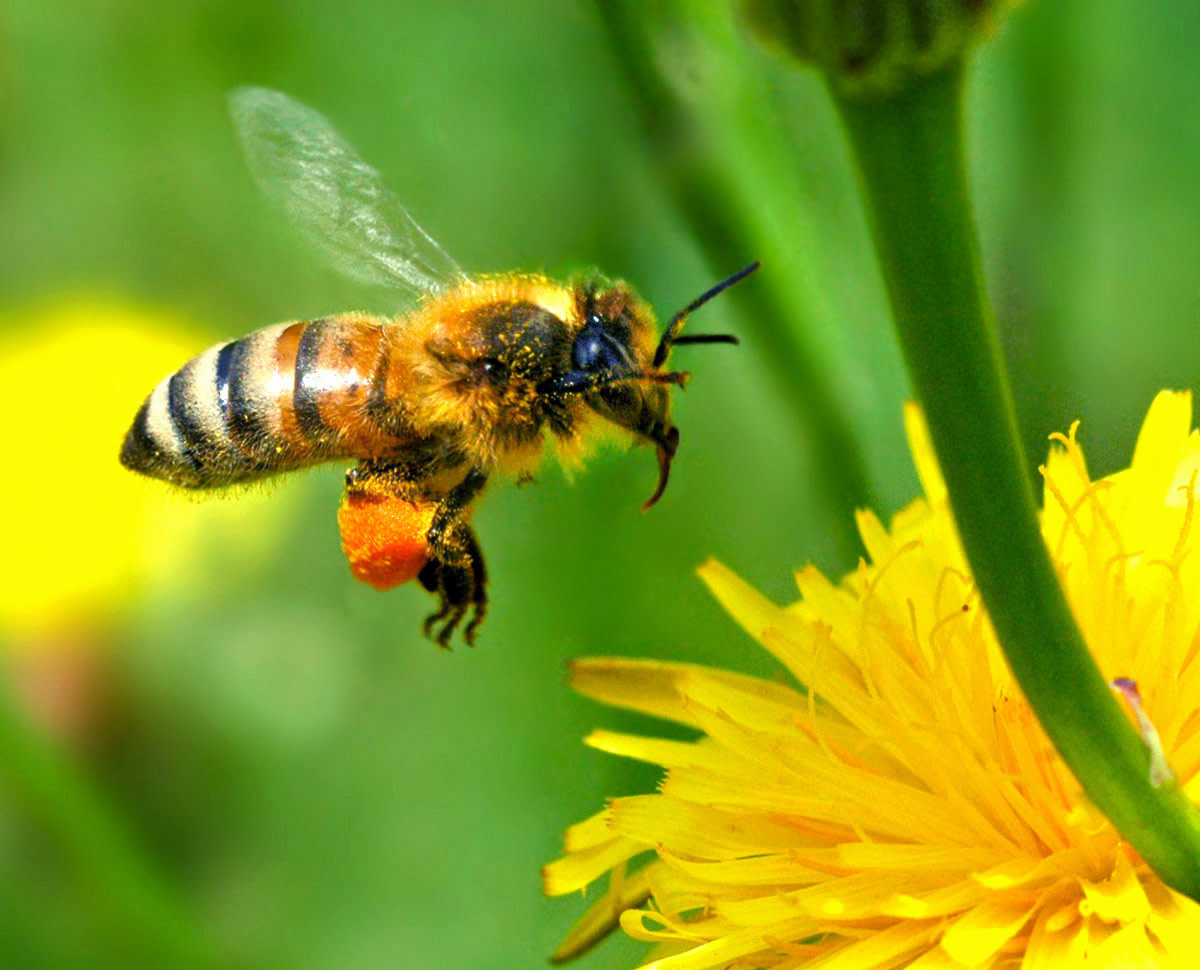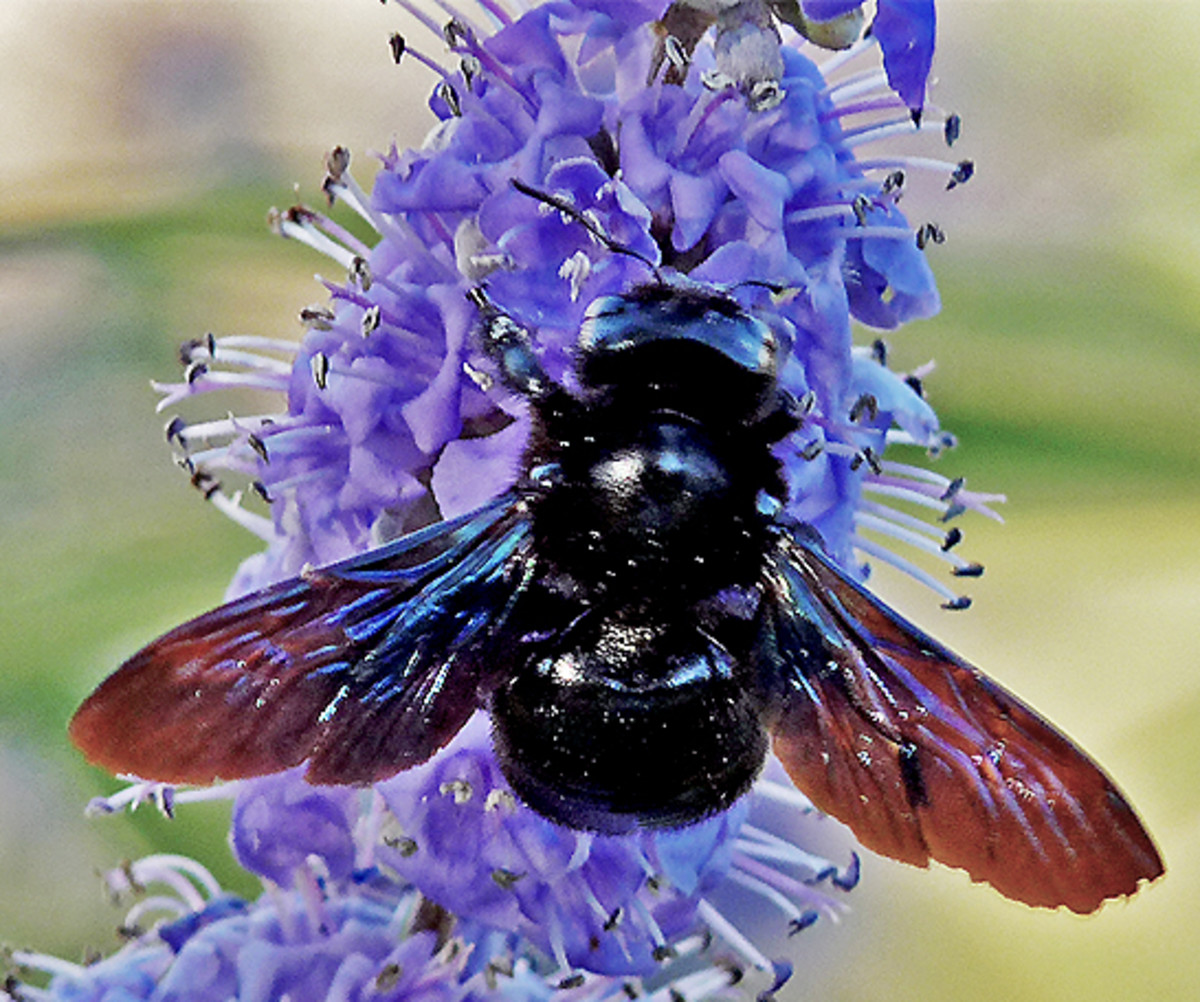Propolis Benefits
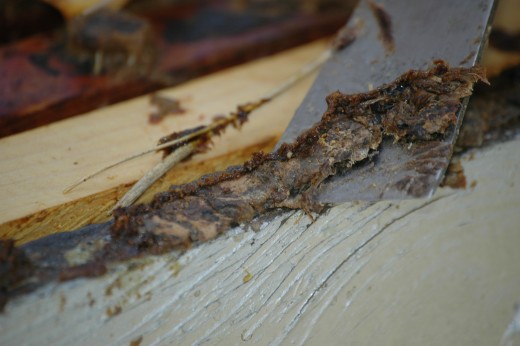
What Is Propolis?
Propolis, also called bee glue, is a resinous substance that honey bees collect from plants. Several species of social bees and insects collect plant resins, but for our purposes we are referring to that collected by the European honey bee, Apis mellifera.
It is often said that honey bees “produce” propolis, but this is misleading, as there is no evidence that the bees change the resinous material originally collected.1 The material is a resin, sap, or similar material when it is on the plant, but inside the beehive, it is referred to as propolis. Bees will collect different types of resinous materials exuded from different parts of plants such as buds, wounds, or fruits.
Propolis is chemically complex and has been used in folk medicine for centuries. The antimicrobial properties of propolis are well documented and modern science is beginning to substantiate some of these popular remedies.
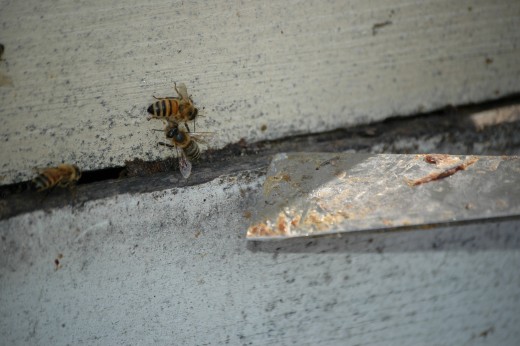
How Bees Use and Benefit from Propolis
The word propolis is derived from the Greek words pro (before) and polis (city), and almost certainly refers to the propensity of some honey bees to use the substance to reduce and seal the entrance to their hive.
The most obvious way that bees use propolis, at least the most obvious to a beekeeper, is to stick things together and seal cracks. Everything in a bee hive is stuck to everything else with propolis; every crack is sealed with propolis. Just like we seal the cracks in our houses in order to control the environment inside, bees do the same thing.
It is thought that propolis might contribute to a sort of colony level, social immune system.3 Honey bees coat the walls of the hive with a thin layer of propolis, perhaps to decrease bacterial growth within the hive.2
Being fastidious house keepers, bees will remove foreign objects from the hive. Objects too big to remove, like dead mice, are sometimes entombed in propolis, forming a barrier between the bee colony and the foreign object.
Propolis Survey
Have you ever used a propolis healthcare product?
Propolis and Benefits to Human Health: Sources of Trusted Information
As stated earlier, propolis is a popular folk remedy and has been used to treat a variety of ailments; there is no doubt that propolis has antimicrobial properties and perhaps other properties of medicinal benefit. As is true for many folk remedies, it can be difficult to find objective information about the medicinal use of propolis. Many claims are made, often by people selling a propolis product, but little objective research is offered, or what is offered can be difficult for the layperson to interpret. Below are two trusted websites that offer good overviews of the medical use of propolis:
1. Beth Israel Deaconess Medical Center.
2. MedlinePlus, a service of the National Institutes of Health
Potential Problems With Propolis
While much of the research might appear promising, there are some cautions.
Variability: The chemical composition of propolis is highly variable and depends on the source and type of the resin collected. Bees in different regions will collect resins from different plant species and the resulting propolis differs in its chemical properties. This makes propolis products difficult to standardize. A product made from Brazilian propolis might not have the same chemical or medicinal properties that a North American propolis product has.4
Potential Impurities: Bees might prefer to collect plant resins for propolis, but if the resins that they need are not available, they will take whatever they can get. Bees have been known to gather road tar, paint, and caulking compound.5
Allergies: Some people are allergic to propolis and it is a sensitizing agent meaning that, when taken over an extended period, it tends to induce allergic reactions to itself.6
Making Propolis Extract
If you are a beekeeper, or have access to raw propolis, you can make your own extract. Gary Reuter, a teacher and research technician at the University of Minnesota offers directions here: Making Propolis Extract.
Works Cited
1Shimanuki, et al., The ABC & XYZ of Bee Culture (Medina, Ohio: The A.I. Root Company, 2006) 671.
2Michael Simone-Finstrom and Marla Spivak, “Propolis and bee health: the natural history and significance of resin use by honey bees,” Apidologie 41 (2010) 296.
3Ibid. 299.
4Vassya S. Bankova et al., “Propolis: recent advances in chemistry and plant origin,” Apidologie 31 (2000) 3-15.
5Shimanuki 671.
6 “Bee Propolis,” Website of the Beth Israel Deaconess Medical Center http://www.bidmc.org/YourHealth/HolisticHealth/HerbsandSupplements.aspx?ChunkID=21542
More on Beekeeping by Wib Magli
- Local Honey and Allergies: Does Eating Local Honey H...
I Would Like This To Be True, But I am Skeptical I raise bees that produce honey, which I harvest and sell. We sell all our honey locally. The demand for local honey seems to be driven in large part by the idea that local honey helps to prevent... - When Bees Are Most Likely To Sting: Honeybee Colonie...
Bees can sting, we all know that. And, let’s be honest, everybody knows that females of any species can be a bit moody. Apply this dictum to a colony of honeybees, which are nearly all female, and the occasional bee sting is inevitable. While the... - Protective Clothing for Beekeepers: Beekeeping Suits...
The friendly beekeeper might have the best interest of his bees in mind, but the bees don’t seem to always see it that way. Protective clothing makes beekeeping a lot more enjoyable when the bees take exception to having the roof popped off and... - Bee Suppliers: How the Honeybee and Queen Supply Ind...
Every spring beekeepers buy thousands of queens, packages and nucs to start new colonies or to replace dead ones. An entire industry of bee suppliers, composed of producers, resellers, and breeders, has developed to meet the demand for honeybees. ... - Raising Bees
Raising honey bees is a unique and fascinating pastime. This article explains how to get started in beekeeping so that you have the greatest chance of success.
